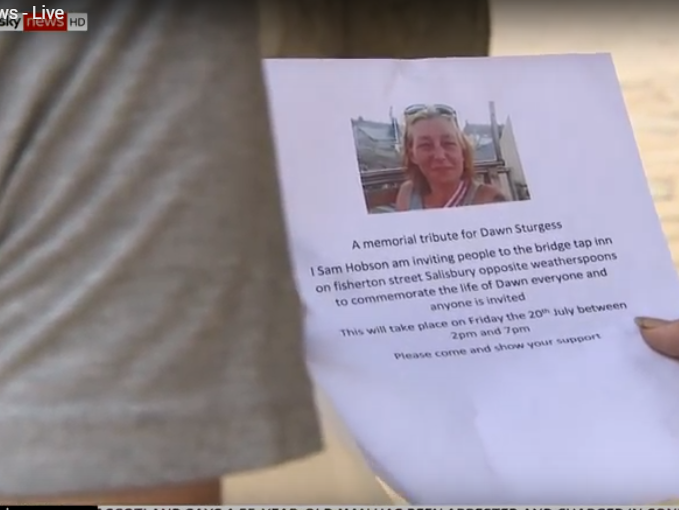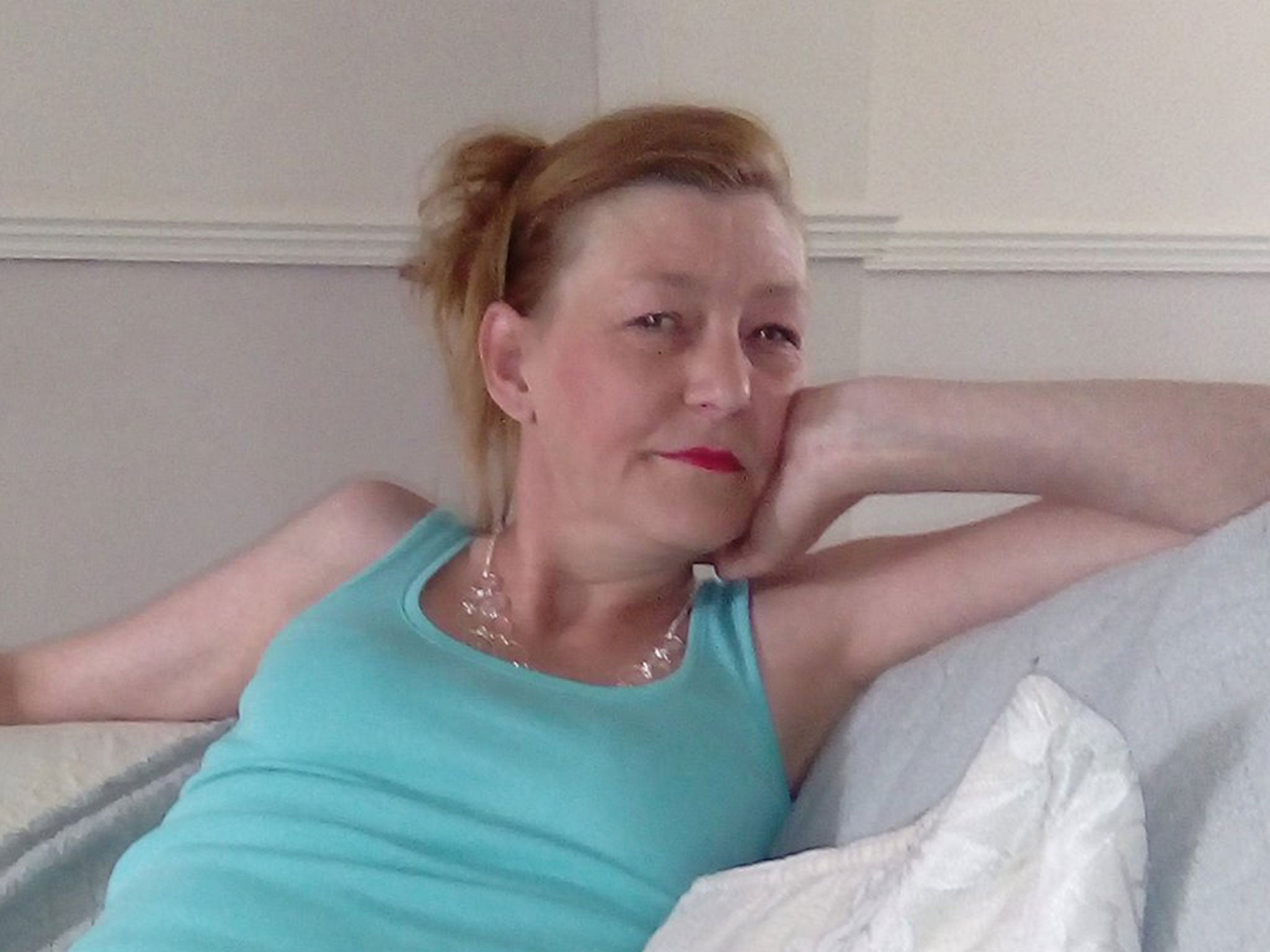Novichok murder investigators seize hundreds of ‘potentially contaminated’ items
Porton Down scientists to examine evidence, as friends of victim Dawn Sturgess plan memorial service

Your support helps us to tell the story
From reproductive rights to climate change to Big Tech, The Independent is on the ground when the story is developing. Whether it's investigating the financials of Elon Musk's pro-Trump PAC or producing our latest documentary, 'The A Word', which shines a light on the American women fighting for reproductive rights, we know how important it is to parse out the facts from the messaging.
At such a critical moment in US history, we need reporters on the ground. Your donation allows us to keep sending journalists to speak to both sides of the story.
The Independent is trusted by Americans across the entire political spectrum. And unlike many other quality news outlets, we choose not to lock Americans out of our reporting and analysis with paywalls. We believe quality journalism should be available to everyone, paid for by those who can afford it.
Your support makes all the difference.Detectives investigating the novichok poisoning of Dawn Sturgess and her partner have seized hundreds of items they hope will provide evidence.
Search teams say they have recovered more than 400 “exhibits, samples and items”, believed to be mostly from the home of Charlie Rowley, in Amesbury, Wiltshire.
The items – a significant number of which are “potentially contaminated” – have been sent to the government’s Porton Down defence laboratory for testing.
It comes two days after investigators found a small bottle that they believe to have contained the nerve agent that killed mother-of-three Ms Sturgess a week ago. Police suspect the bottle was discarded after the Novichok attack on Sergei and Yulia Skripal in March.
But searches are expected to continue for weeks or months more as officers continue to hunt for other potentially contaminated sites or sources of the nerve agent, in what police say is “one of the most complex and difficult investigations that UK policing has ever faced”.
On Saturday, the army removed an ambulance used when Ms Sturgess and Mr Rowley first fell ill.
Mr Rowley, 45, remains in hospital where he is in a serious but stable condition.
Friends of Ms Sturgess, 44, are planning a pub gathering and an open air memorial service for her on Friday afternoon, which will be “open to anyone and everyone”.
Ryan Knight, who knew her when they both lived at a Salisbury homeless hostel, told Sky News: “I prefer not to turn up rather than get dirty looks.
“I’ll be in the background. I will pay my respects.
“When her immediate family go, I’ll go over and pay my respects.
He added: “It’s so sad,” before breaking down in tears.
Joshua Harris, who lived in the same hostel as Ms Sturgess and turned to her for help, said she was a drinker but was very helpful to him as she had been through what he had.
“She was going through the same issues as I was. I had my kids taken away by social services.”
Ms Sturgess’s son has called on Donald Trump to raise her case with Vladimir Putin when the US and Russian presidents meet in Finland on Monday.
Ewan Hope, 19, told the Sunday Mirror: “I don’t share Donald Trump’s politics and I’ll never be a supporter of his, but I would like him to raise mum’s case with the Russian president.
“We need to get justice for my mum”
He said he wanted the person or people responsible “to get what they deserve”.
Assistant Commissioner Neil Basu, head of counterterrorism policing in the UK, said: “It is not an exaggeration to say that the search process linked with both this and the Salisbury investigation has been one of the most complex and difficult that UK policing has ever faced.
“The work being carried out is extremely important. Not only are we trying to solve an extremely serious crime that has been committed, but we’re also working to identify any potential outstanding risks to the public; all while ensuring that all those involved in the search process are not themselves exposed to any risk of contamination.

“It is painstaking and vital work, which unfortunately takes a very long time to complete, but I am sure that the public understands why it is absolutely necessary.”
The post-mortem examination, the inquest and releasing Ms Sturgess’s body to her family have all been delayed as she was officially a victim of a terror attack.
Scientists will test whether the novichok in the bottle is from the same batch as that used against the Skripals.
Mr Basu added: “The scientists and forensic officers have all volunteered to be a part of the search teams, knowing that they are risking themselves to exposure to a deadly nerve agent. This shouldn’t be taken for granted and their bravery and dedication is remarkable.”
Planning for each and every search deployment takes several hours, with typical work involving taking swabs of surfaces or the recovery of specific items, the Metropolitan Police said.
Routes in and out of the search sites are “meticulously planned” to ensure traces of the nerve agent are not inadvertently spread to other areas.